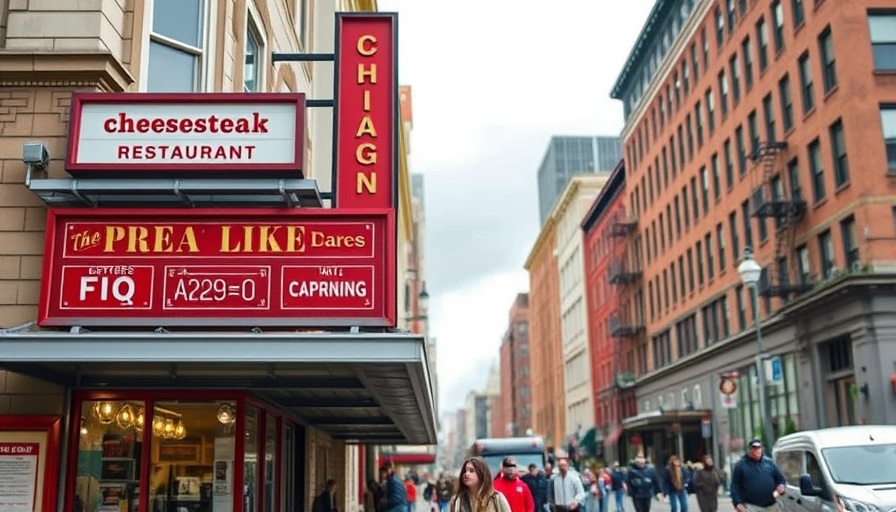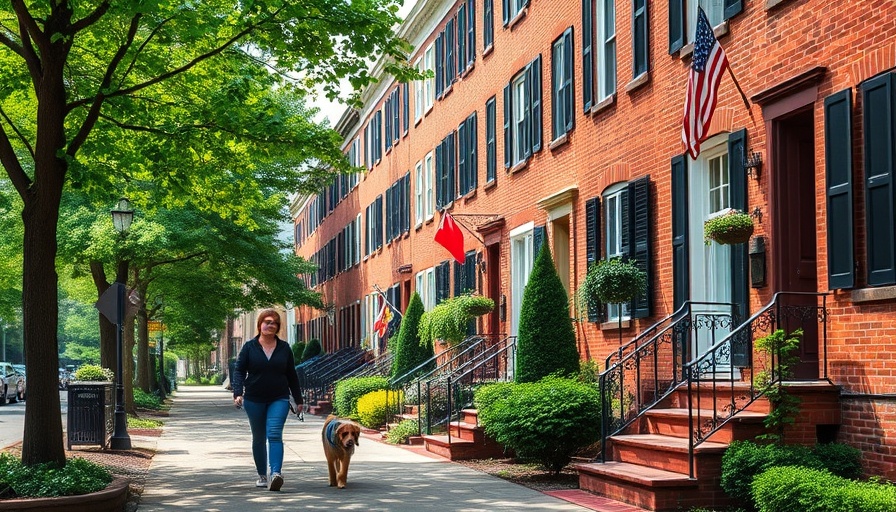
Rising Costs and Seeking Alternatives
The coffee market is seeing unsettling changes as tariffs threaten to increase prices for traditional morning brews. With Brazil being a major source of coffee beans for the United States, any increased import levies could directly affect what consumers pay for their favorite cup. As awareness of these potential hikes settles in, many are exploring alternatives for their caffeine needs. Yaupon tea, which hails from America's own native plant, is emerging as a sustainable, cost-effective option.
What is Yaupon Tea?
Yaupon tea is made from the leaves and young shoots of the Ilex vomitoria plant, which is native to the Southeastern United States. With a flavor described as mild, earthy, and slightly floral, it represents a new twist in the beverage market. Unlike many traditional teas rich in tannins, yaupon offers a pleasant taste even when steeped for extended periods, making it highly versatile for consumers.
Cost Comparison: Yaupon vs. Coffee
The financial difference between yaupon tea and regular coffee is evident. While the average price for a pound of coffee in the U.S. reached approximately $8.13 in June, yaupon is often significantly cheaper per serving. Retail prices for common yaupon products are often under 50 cents per tea bag. Moreover, since yaupon can be grown locally, those looking to reduce their coffee spending could cultivate their own plants, resulting in even lower costs.
Local Farming and Sustainability
Growing yaupon elevates not only individual savings but also supports local agriculture. As Mike O'Brien from Craft Tea notes, the move towards domestic products is growing as consumers seek homegrown alternatives. Horticultural experts like Mandy Katz from Bartram's Garden emphasize the plant's adaptability, suggesting that anyone in the region could feasibly grow it in their gardens.
Emotional Connection to Local Products
Beyond the financial implications, there’s an emotional resonance in consuming local products. As many top earners in Philadelphia remain conscientious about sustainability and community impact, incorporating yaupon tea into their daily lives can make a statement about supporting local agriculture and reducing reliance on imported goods.
Why Consider Yaupon Tea?
As consumers face the potential financial burden of increased coffee costs, exploring yaupon tea provides not only a practical solution but also one that aligns with conscientious living. Embracing this local beverage connects individuals to their region's biodiversity, culinary innovations, and sustainability efforts.
 Add Row
Add Row  Add
Add 




Write A Comment